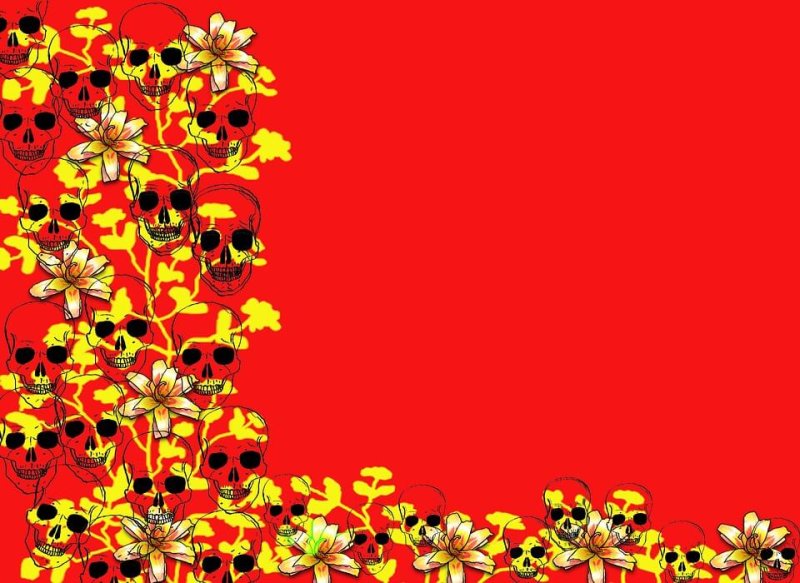Given a choice, most people gravitate toward the natural over the artificial. After all, natural environments are preferable to garbage dumps, natural foods are nearly always healthier than stuff concocted in a chemistry lab. Yet it needs to be said loud and clear: Just because something is natural doesn’t mean it’s good. “Smallpox is natural,” Ogden Nash noted. “Vaccine ain’t.” Gangrene, acne, hurricanes, earthquakes, COVID-19—all bona fide natural.
…
When it comes to humane values the evolutionary process is, if anything, not so much neutral as negative; it is likely to lead to results that most ethicists will and should reject. It is a wonderful thing to learn about, a terrible thing to learn from.
Add cases of animal rape, deception, nepotism, siblicide, matricide, and cannibalism, and it should be clear that natural selection has blindly, mechanically, yet effectively favored self-betterment and self-promotion, unmitigated by any ethical considerations. I say this fully aware of an important trend in animal behavior research: the demonstration that animals often reconcile, make peace, and cooperate; no less than the morally repulsive examples just cited, these behaviors also reflect the profound self-centeredness of the evolutionary process… [T]he only outcome assessed by natural selection is whether a given tactic works—whether it enhances fitness—not whether it is good, right, just, admirable, or worthy of rainbows and sparkly unicorns.































